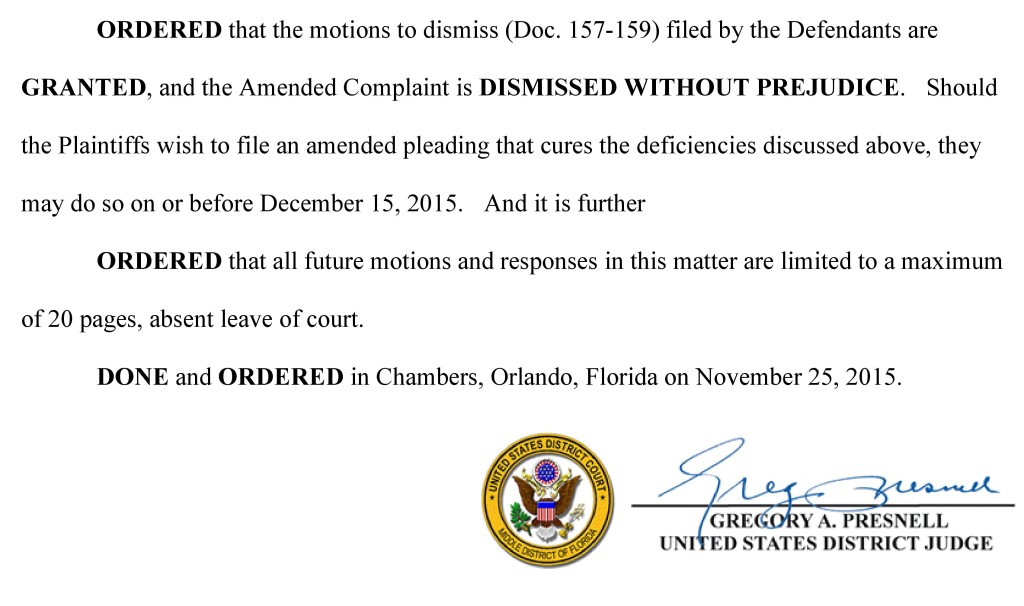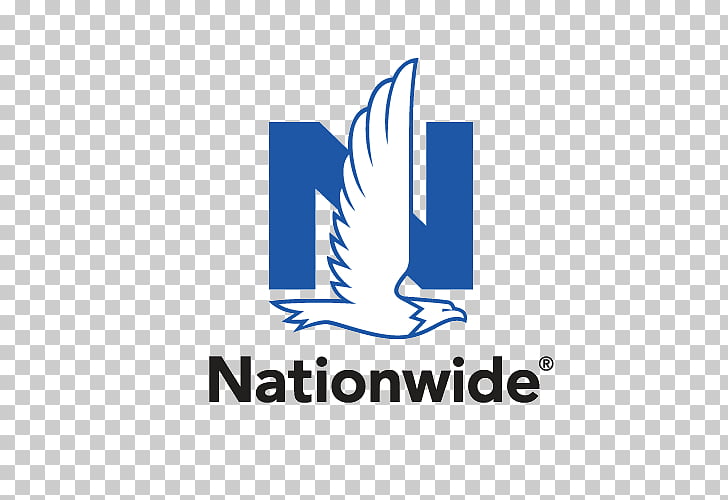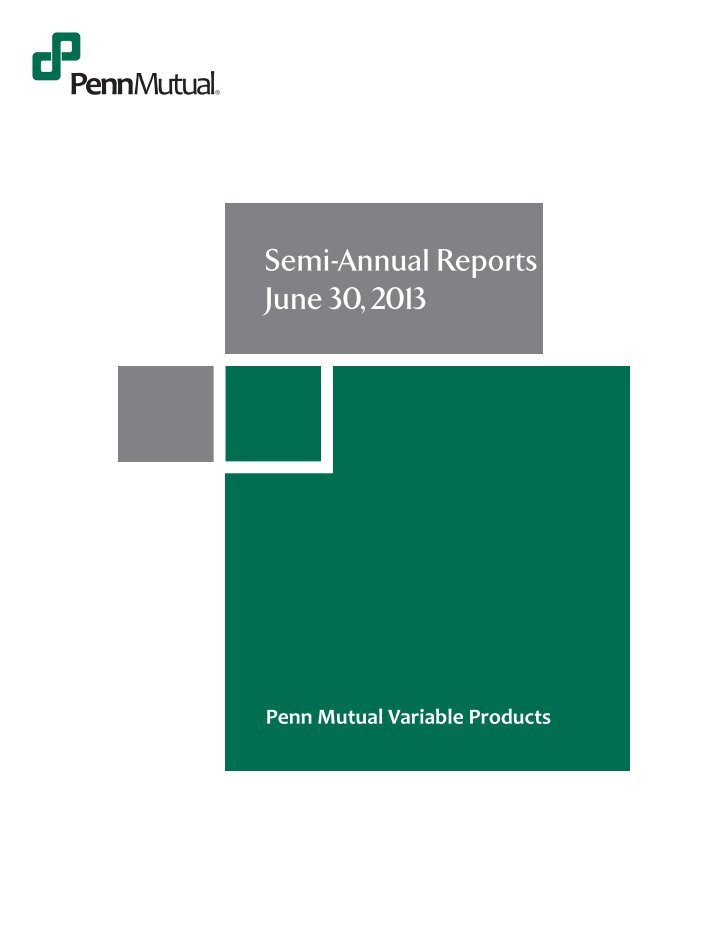

Premiums for cash value life insurance can be incredibly expensive, so it’s important to understand all the ways you can take money out of your life insurance policy.
#PENN MUTUAL LIFE CLASS ACTIO HOW TO#
How to access the cash value in your life insurance policy Section 7702 was created to limit what could be considered as a life insurance policy and make sure other investments weren’t reaping the same tax benefits.
#PENN MUTUAL LIFE CLASS ACTIO FREE#
Life insurance policies have a variety of tax benefits, such as the death benefit paid to beneficiaries being free of income tax. This just means that they’re compliant with section 7702 of tax regulation. What is 7702 life insurance?Ĭash value life insurance policies are sometimes referred to as 7702 life insurance. You can take dividends as cash, use them to pay premiums or use them to buy additional coverage. For example, if Jane had $20,000 of cash value and John had $10,000 of cash value, Jane would receive a dividend twice the size of Jon’s. Dividends are not guaranteed, but most of the top mutual insurance companies have consistently distributed them for decades.ĭividends are distributed according to the size of your cash value. If you have a participating cash value life insurance policy, it means you’re eligible to receive a dividend.

Therefore, if the insurer makes more money than is needed to run the business, they pay some of it back to policyowners in the form of a dividend.

Mutual insurance companies don’t have shareholders and are, in essence, owned by their policyholders. Dividends and participating cash value life insurance policies This rider adds to the cost of your premiums but ensures that you’ll receive a portion or the sum of premiums paid if you live past the term of the policy. The only reason you’d get money back from an insurer with a term life insurance policy is if you have a return of premium rider. On the other hand, it’s also the reason why term life insurance is several times less expensive than cash value life insurance. This means that if you decide to give up your coverage to the insurer, you won’t receive anything in return. Term life insurance policies have no cash surrender value. It’s designed to reach the size of the death benefit when the policy matures (typically, when you turn 100).īased upon market interest rates and the performance of the insurer.īased upon performance of an index, such as the S&P 500.Ĭash value can be invested in certain aggregated portfolios offered by the insurer which are similar to mutual funds. Some of the most common types of cash value life insurance policies are:Ĭash value builds at a fixed rate determined by the insurer. Types of cash value life insurance policiesĬash value life insurance policies are typically permanent, meaning you have coverage for the entirety of your life so long as premiums are paid. If you need a permanent life insurance policy to cover estate taxes or leave an inheritance, guaranteed universal life insurance provides lifelong coverage with little to no cash value component. The older you are, the more likely that the cost of your premiums will outweigh any eventual benefit you see. That's why we generally don’t recommend a cash value life insurance policy if you’re fairly advanced in years. Plus, for the first several years of coverage the majority of your premiums are eaten up by the cost of insurance and fees, so cash value accumulation is slow. The cash value behaves like an investment as it grows tax-deferred with interest, as determined by the type of policy, and can be used as collateral for a loan.Įven though the cash value’s growth is tax-deferred, it will still take several years of compound interest to grow meaningfully.

A life insurance policy’s cash value is essentially the amount of money you would receive if you decided to give up the policy to the insurer, or surrender your coverage. Any cash value that’s left in your life insurance policy when you die is kept by the insurer. Cash value: your account within the policy, which accumulates valueĪ life insurance policy’s cash value is separate from the death benefit, so your beneficiaries would not receive the cash value if you passed away.Fees and overhead: the insurance company's operating costs and fees.Cost of insurance: the amount required to fund the policy’s death benefit.


 0 kommentar(er)
0 kommentar(er)
